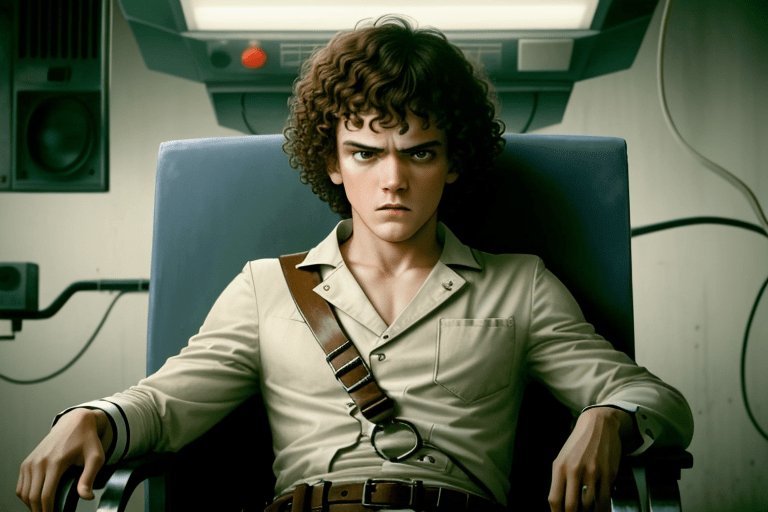A Clockwork Orange (1971) – An Intro and Movie Review

The cinematic genius of Stanley Kubrick is on full display in “A Clockwork Orange,” a film that delves into the darkest aspects of humanity. Adapted from Anthony Burgess’s novel of the same name, this dystopian science fiction masterpiece tackles complex themes such as free will, morality, and the consequences of violence. Since its release in 1971, the film has mesmerized and disturbed audiences with its powerful portrayal of a world gone awry.
The story is set in a futuristic society in which young men, known as “droogs,” roam the streets committing acts of extreme violence and assault. The film follows the story of Alex DeLarge, the leader of a gang of droogs, who is arrested and subjected to an experimental form of aversion therapy to cure him of his violent tendencies.
The movie is a visual and auditory masterpiece. Kubrick’s use of music, particularly Beethoven’s Ninth Symphony, creates an eerie and haunting atmosphere that perfectly captures the mood of the film. The cinematography is also exceptional, with Kubrick’s signature use of wide-angle lenses and slow-motion shots adding to the overall surreal and unsettling feeling.

One of the most striking elements of the film is its portrayal of violence. The scenes of assault are graphic and disturbing, and Kubrick doesn’t shy away from showing the full extent of the brutality. This unflinching depiction of violence has been a point of controversy for the film, with some critics accusing it of glorifying and condoning such acts.
However, Kubrick’s intention was to highlight the consequences of violence, rather than to celebrate it. The film shows the devastating effects that violence has on both the victims and the perpetrators, and the cost that it has on society as a whole. Through Alex’s character, Kubrick also explores the idea of free will and whether it is possible to remove an individual’s ability to choose their own actions.
The film also touches on themes of morality and the role of the state in controlling individuals’ behavior. The use of aversion therapy on Alex raises questions about whether it is ethical for the state to use such extreme measures to control an individual’s behavior, even if that behavior is harmful to society.

Overall, “A Clockwork Orange” is a powerful and thought-provoking film that has had a lasting impact on cinema. It explores complex and difficult themes, and its use of music, cinematography, and storytelling create a uniquely surreal and unsettling atmosphere. While its graphic depictions of violence may not be to everyone’s taste, the film’s exploration of free will, morality, and the consequences of violence make it a must-watch for anyone interested in the darker aspects of the human psyche.







